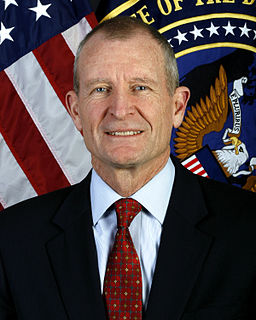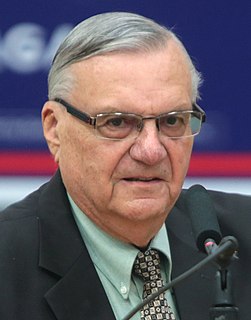A Quote by Charlie Baker
One of the advantages of getting elected governor when you're 58 instead of 38 is you have some mileage on you and part of that means some history and some relationships with people who have spent a fair amount of their career in the public and in the private sector.
Related Quotes
Some countries have a parliamentary republic, some are presidential republics and some are still monarchies, but no one sees them as not being democratic. In some countries regional leaders are appointed from the centre and in others they are elected. In Russia, the president is elected through direct secret ballot, and in the United States, the president is elected through a system of electoral colleges.
The loan crisis and the increasing slashing of funds for students, coupled with the astronomical rise in tuition, represent an unparalleled attack on the social state. The hidden agenda here is that when students graduate with such high debts, they rarely choose a career in public service; instead, they are forced to go into the corporate sector, and I see these conditions, in some ways, as being very calculated and as part of a larger political strategy to disempower students.
Superstar lawyers and math whizzes and software entrepreneurs appear at first blush to lie outside ordinary experience. But they don't. They are products of history and community, of opportunity and legacy. Their success is not exceptional or mysterious. It is grounded in a web of advantages and inheritances, some deserved, some not, some earned, some just plain lucky - but all critical to making them who they are. The outlier, in the end, is not an outlier at all.
Private sector unionization is down to practically seven percent. Meanwhile the public sector unions have kind of sustained themselves [even] under attack, but in the last few years, there's been a sharp [increase in the] attack on public sector unions, which Barack Obama has participated in, in fact. When you freeze salaries of federal workers, that's equivalent to taxing public sector people.
Prisoners do different things. Some write, some read. Some engage in athletic events and working out and some do all of that. Some get involved in the religious groups that they're part of. Some get involved in hobbies that are permitted in prison. There are plenty of ways to stay busy. You're never going to survive in prison unless you start getting busy.

































